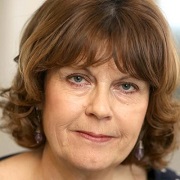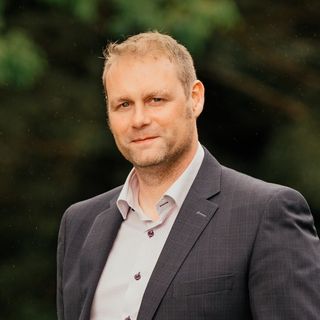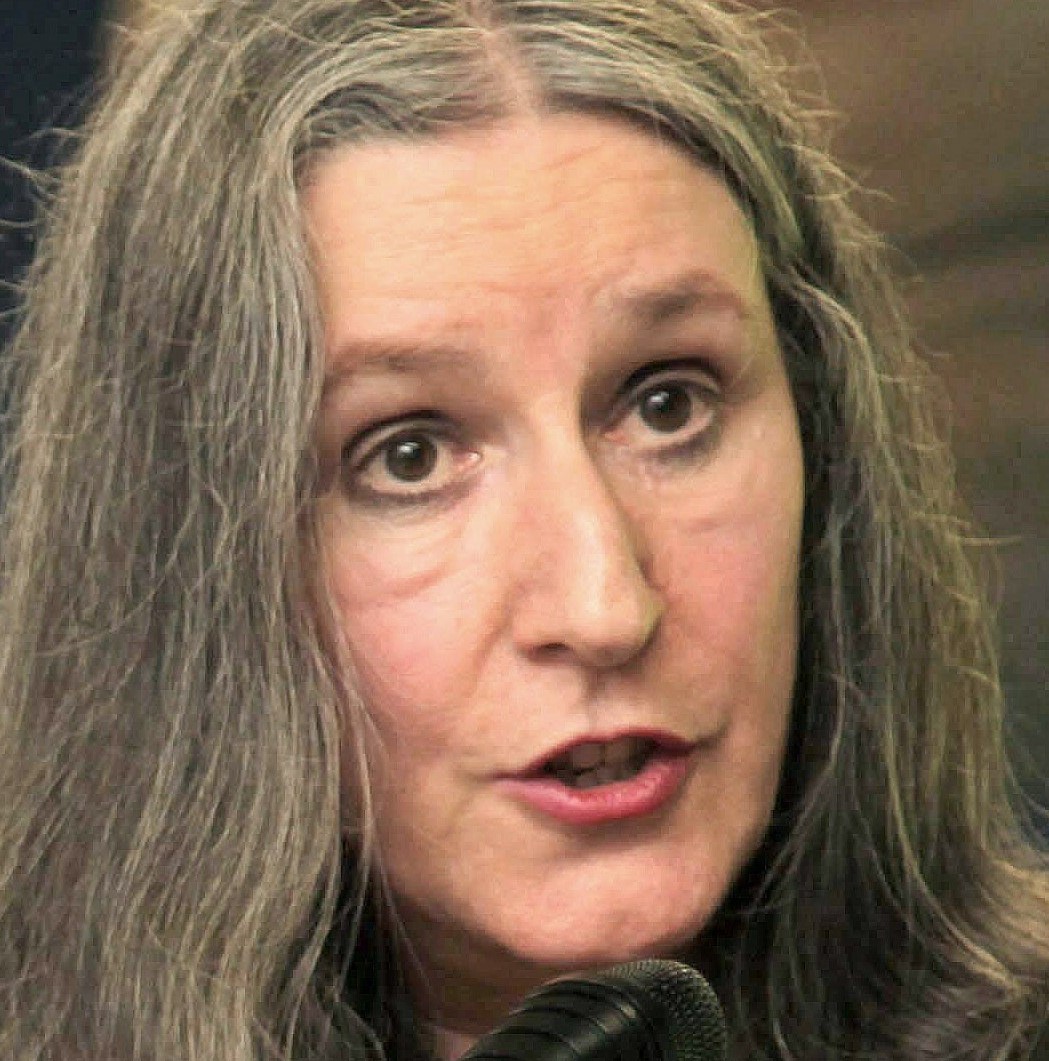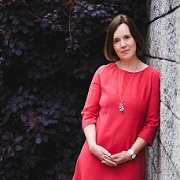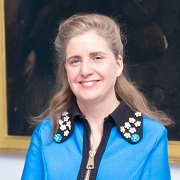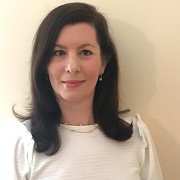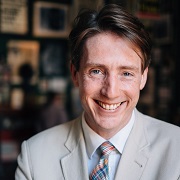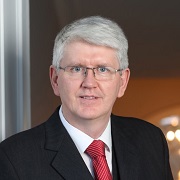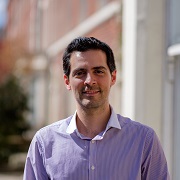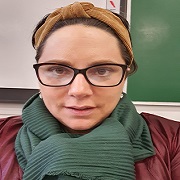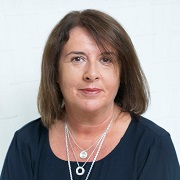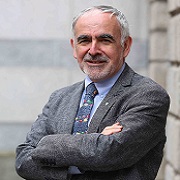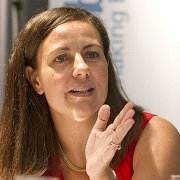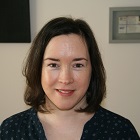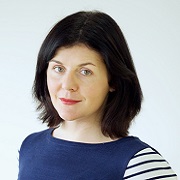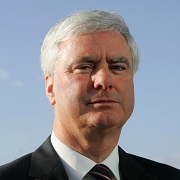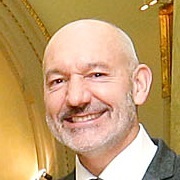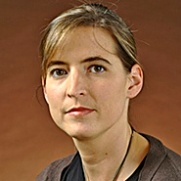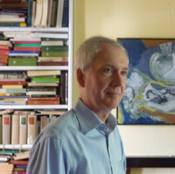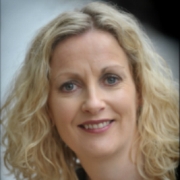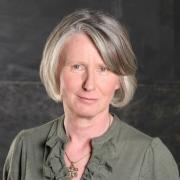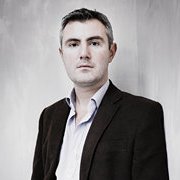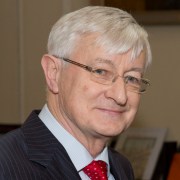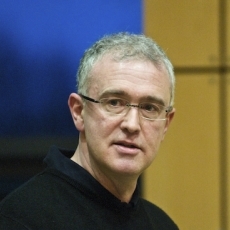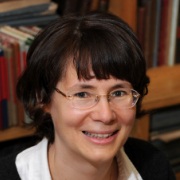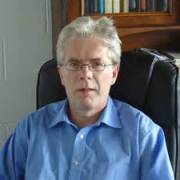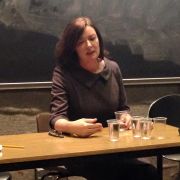My daughter and I went to "Abomination - A DUP Opera" at the Lyric Theatre in 2019. Its author, Conor Mitchell, wrote it for the Belfast Ensemble, and also designed and directed it. The stage set was sombre, a changing collage of black and white photographs of grim fundamentalist politicians juxtaposed with placards and newspaper cuttings displaying the ugly homophobic statements they had made over many years. But the superb and nimble ensemble of actors, musicians and dancers transformed this soul destroying hatred into a glorious, life affirming operatic drama. We, along with the rest of the audience - who had become our people for the night - were entranced and inspired. We laughed, gasped, cried, cheered, and, at the end, leapt to our feet as one to applaud this feat of pure artistic magic.
I had heard of "Abomination" after it first played as part of the Outburst Queer Arts Festival in 2018. That year Caitlin had done a Masters at the Mitchell Institute for Global Peace, Security and Justice at Queen's University. A proud young gay woman and a human rights and social justice activist, she had been angry when the institute gave former DUP leader, Peter Robinson an honorary professorship. I had the same sense of grievance. We emerged from the theatre full of joy, energy and optimism. Saved!
Literature and music are woven through my life. My father, a Protestant schoolteacher, used to get the young Seamus Heaney's first collections. I was 12 when "Door Into the Dark" was published in 1969. Two years ago, in 2020, I pinned one of its poems, "The Given Note", onto my noticeboard. That was after my friend, the Mary McPartlan died, and its eerie celebration of night music taken by a violinist "Out of the night" from "the wind off mid-Atlantic" seemed, to use Heaney's word, to "rephrase" Mary herself. She was a singer whose soul required it of her, and she lived and died in Galway on the edge of that ocean. She used to sing Raglan Road with its reference to:
"the secret sign that's known
To the artists who have known the true gods of sound and stone."
Music brought me further into the Irish tradition, singing along to Planxty in the Gweedore bar in Derry, hitching across the border to hear Christy Moore in Donegal.
As a journalist, I have often found myself reaching into literature to explain the news, particularly when it comes to the part of this island with which I am obsessed, its unsettled North. I quote Derek Mahon, Tom Paulin, John Hewitt, WB Yeats - sparingly - and, always, Heaney. Recently I met the great war reporter, Fergal Keane, and we spoke of our shared belief in poetry. As he puts it in his book Wounds, "there are parts of history that only the poets can convey, the deeper emotional scars that form themselves into ways of seeing things that inhabit later generations."
One of the people I interviewed for my recent book, Northern Protestants - On Shifting Ground is a man called Kenny McFarland, the chairman of the Londonderry Bands Forum. He described a cultural turning point in 2013. The nationalist organisers of the All Ireland Fleadh in Derry invited bands from unionist parts of the city to participate. Kenny told me that discussing it with colleagues he said: 'When they asked us they more than likely expected us to say no. What happens if we say yes?' So we did, and it really showed how powerful culture can be if it’s used positively, because it changed this town,’ he said. ‘It showed that the people are twenty years ahead of the politicians.'
It is one of my favourite stories from the book.
References:
Heaney, Seamus, Door Into the Dark (Faber, 1969) pp 46-47.
Kavanagh, Patrick, The Complete Poems (Goldsmith Press, 1988) pp 187-188.
Keane, Fergal, Wounds - A Memoir of War and Love (William Collins, 2017) p 66.
McKay, Susan Northern Protestants - On Shifting Ground (Blackstaff, 2021) p 302


